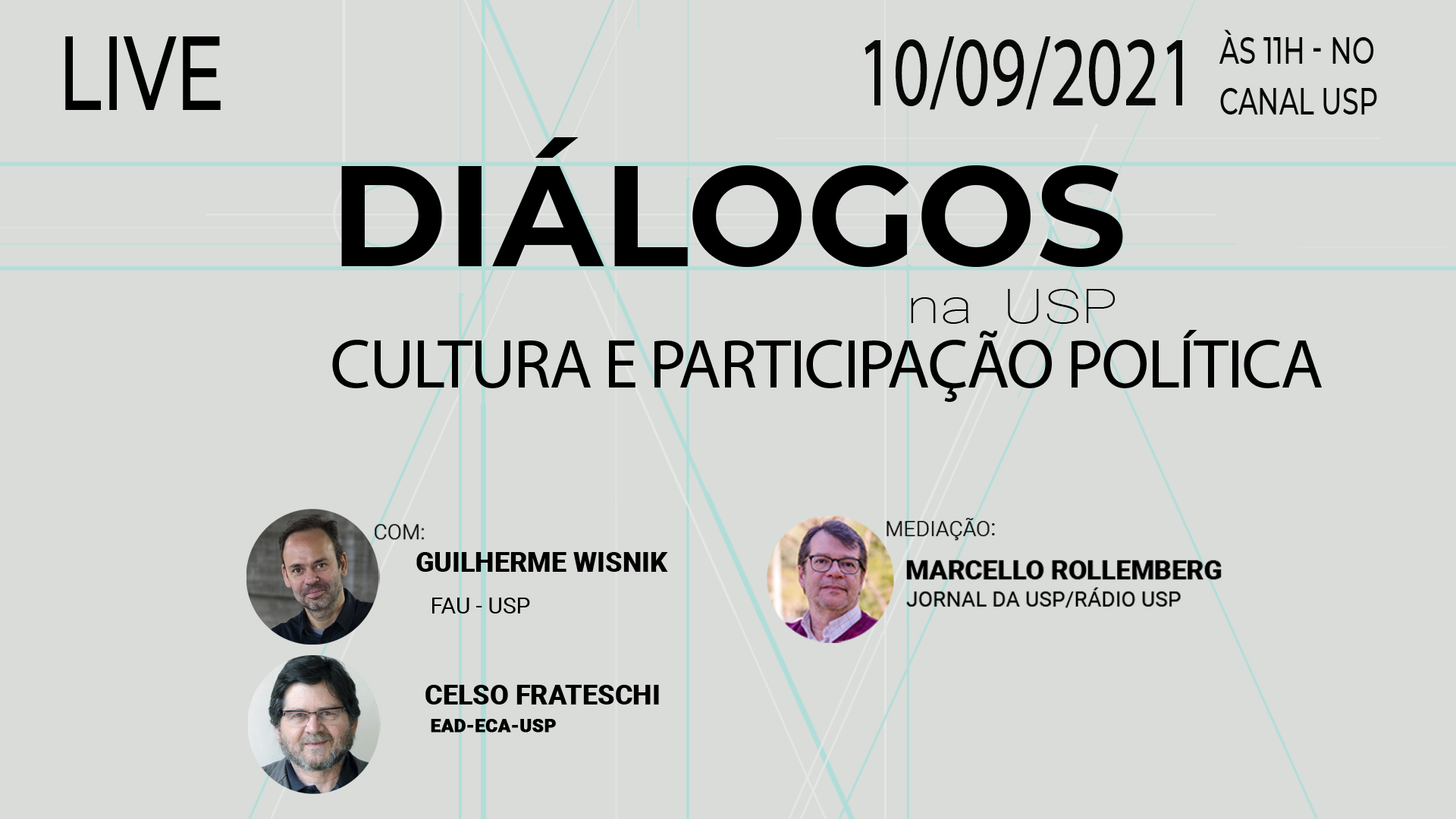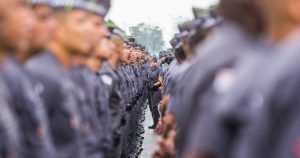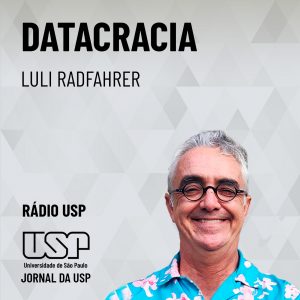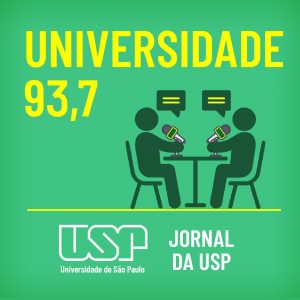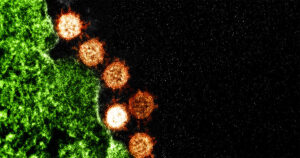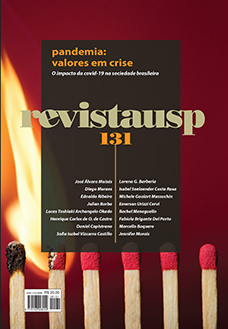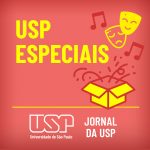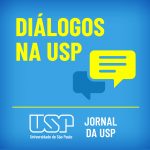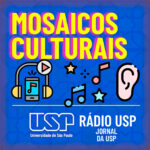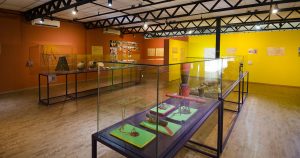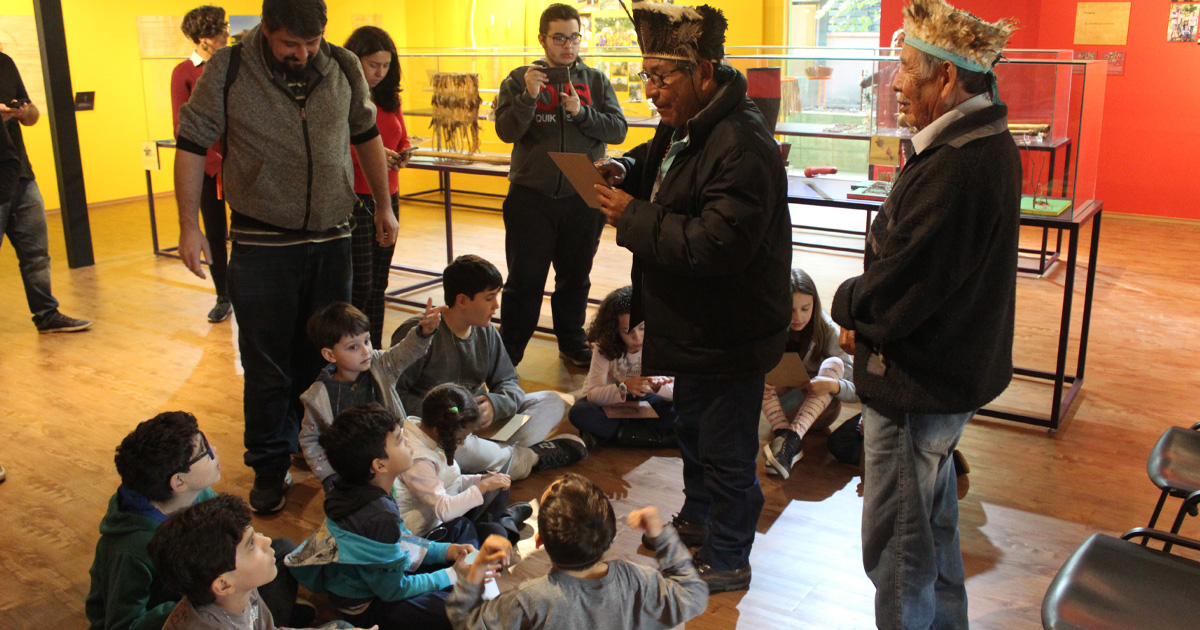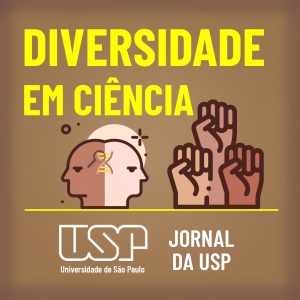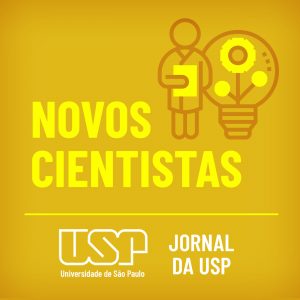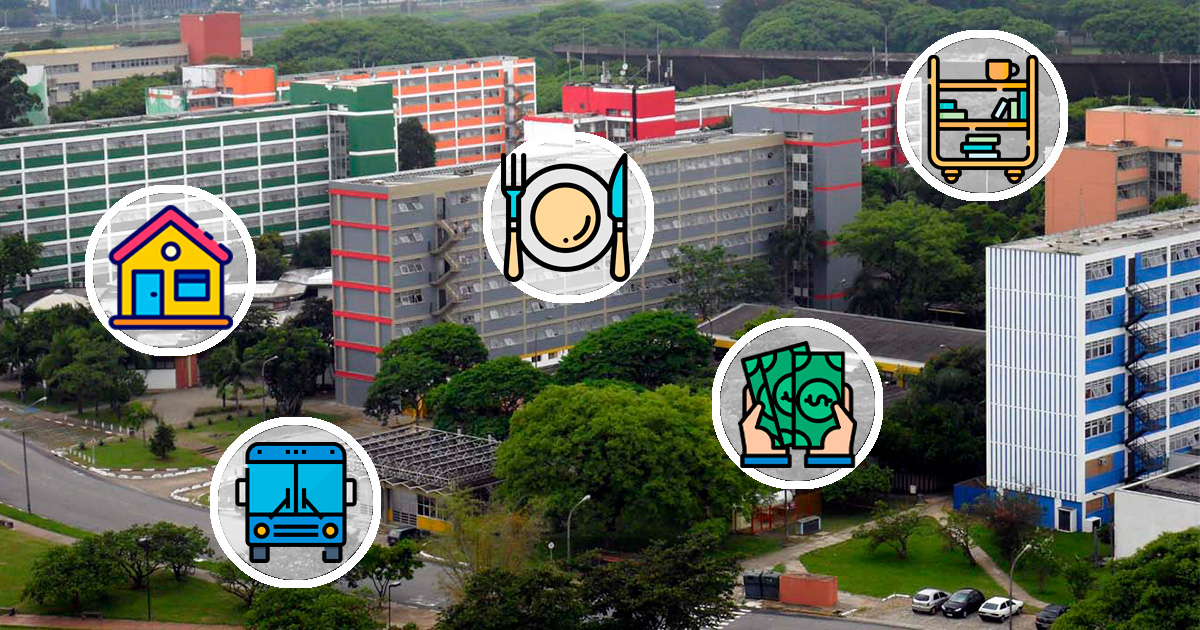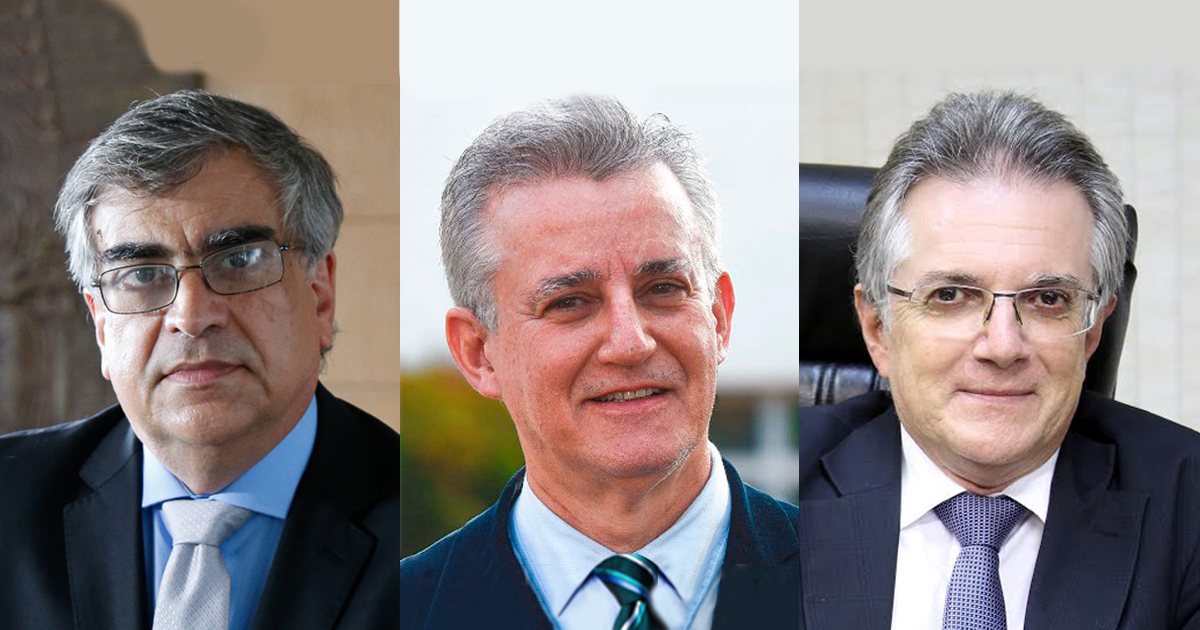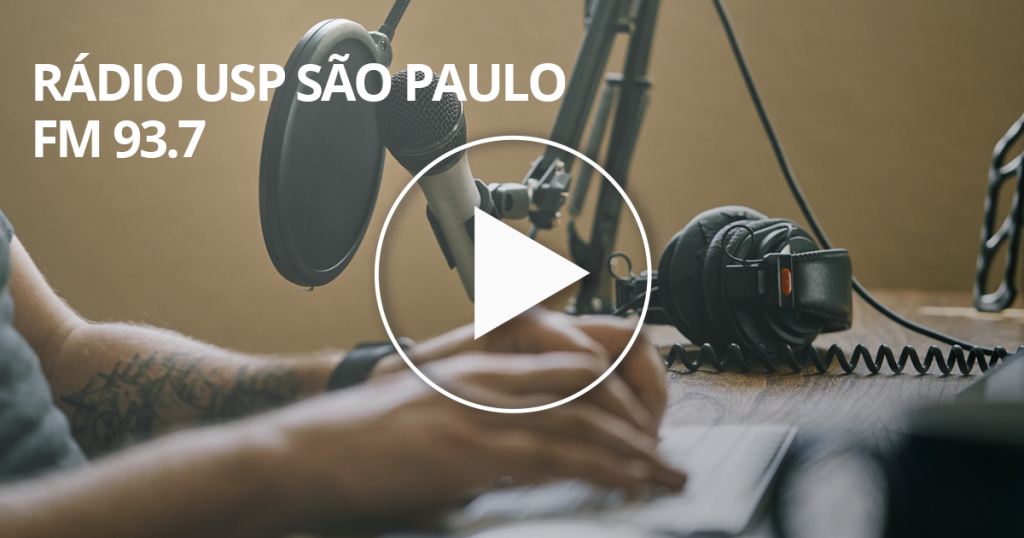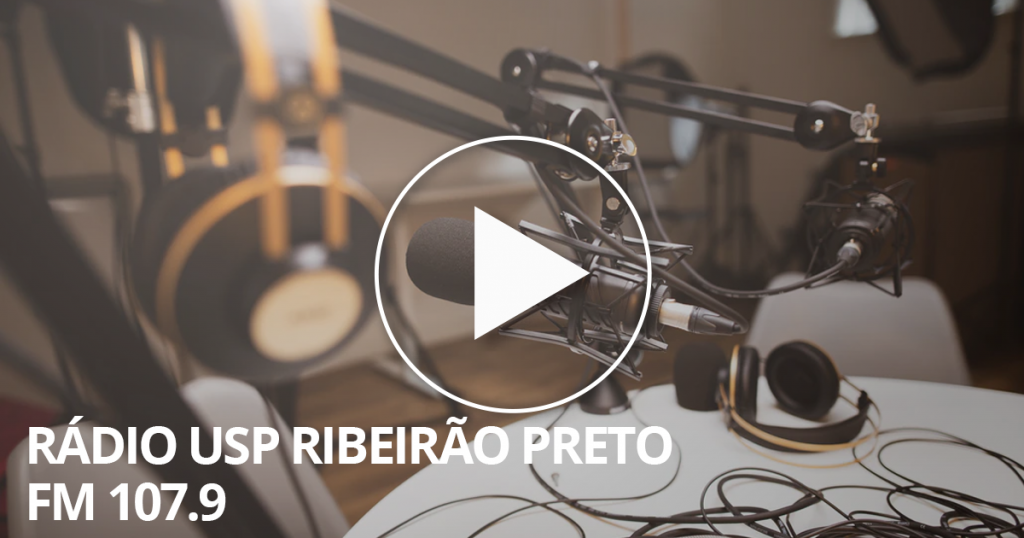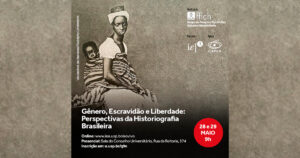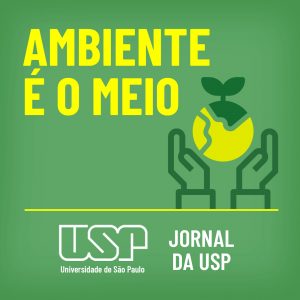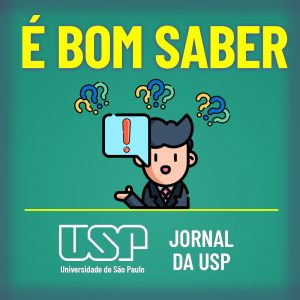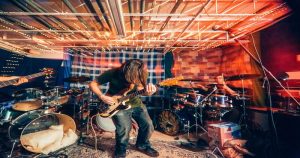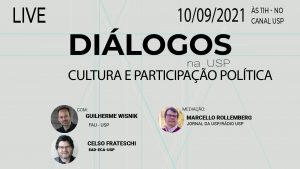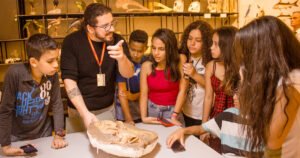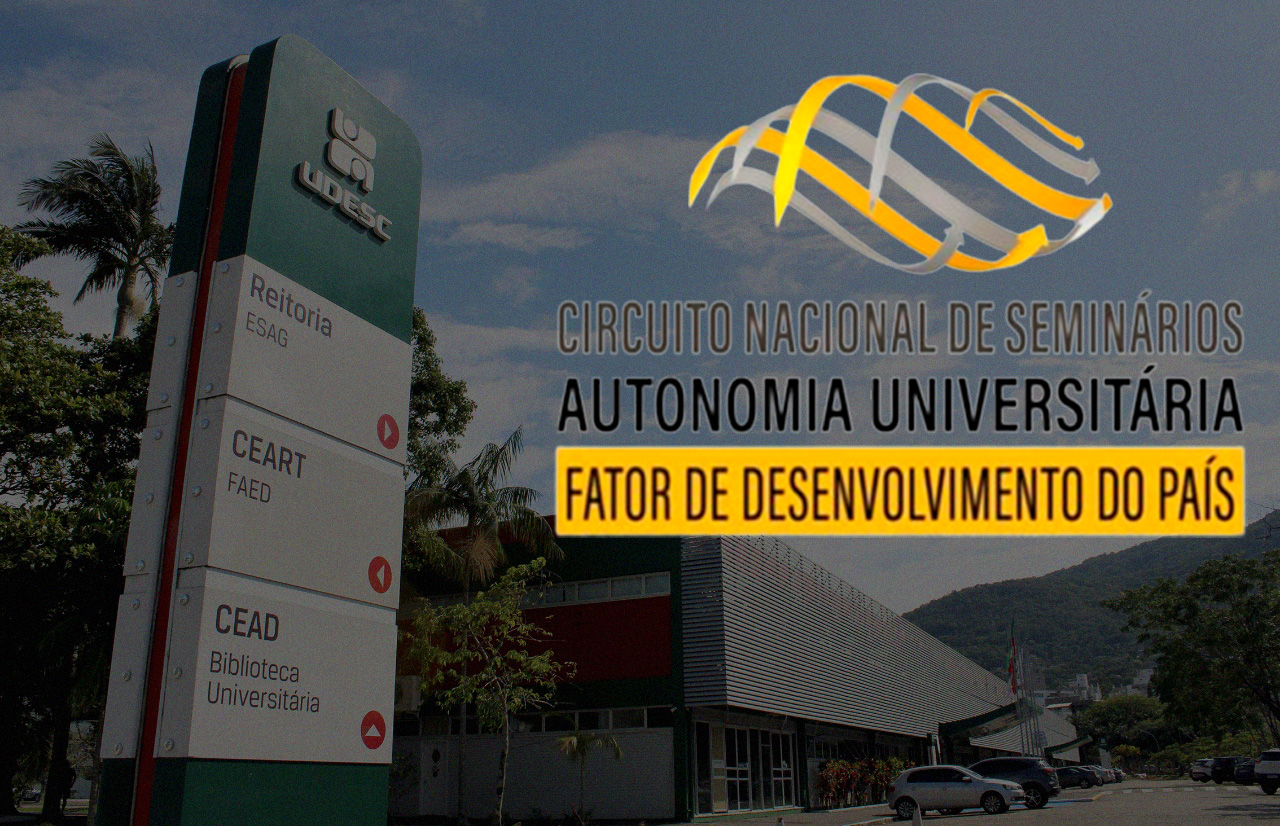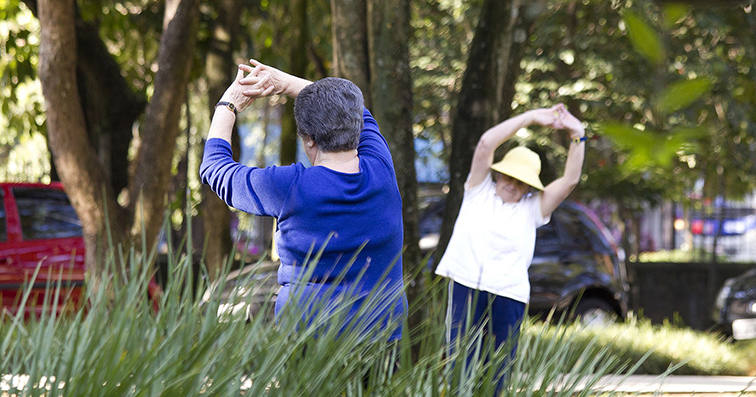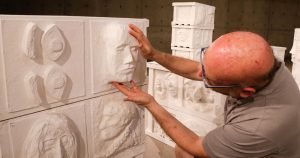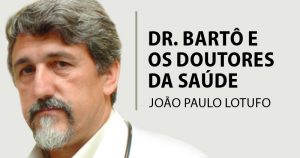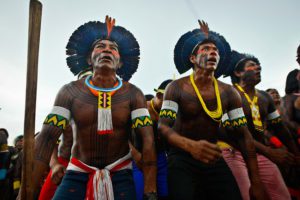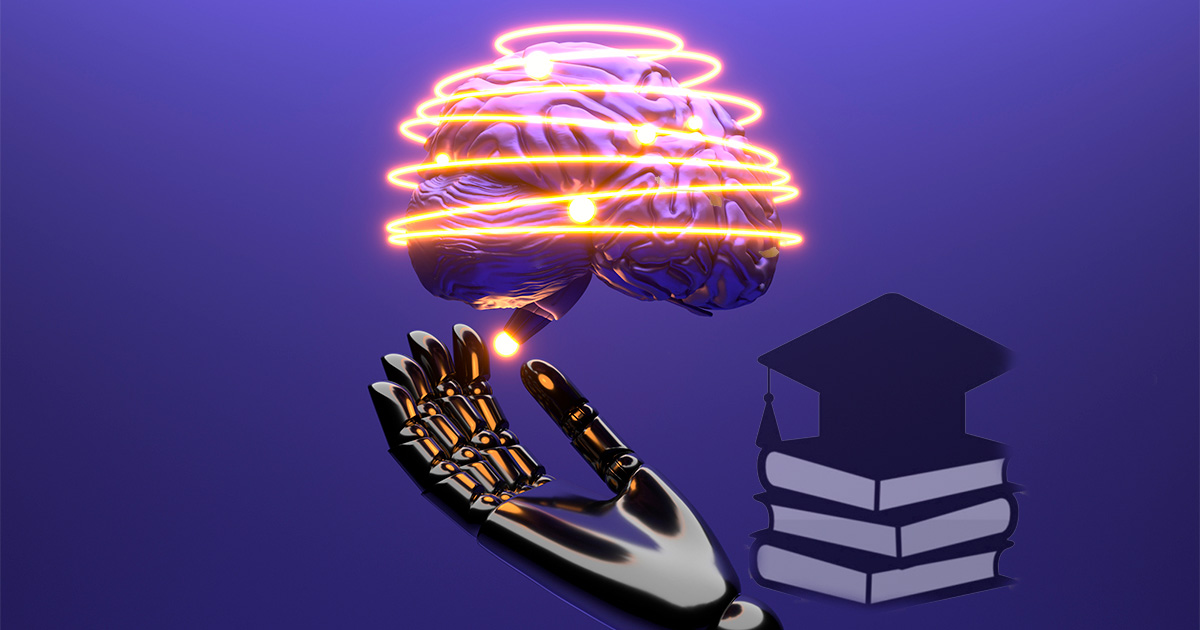
 USP is the first Latin American institution to join the AI Alliance, a collaborative network of companies, startups, universities, research institutions, government organizations, and non-profit foundations working at the forefront of technology, applications, and governance of artificial intelligence (AI). The AI Alliance is focused on fostering an open community and enabling developers and researchers to accelerate responsible innovation in AI, encouraging scientific rigor, trust, and safety.
USP is the first Latin American institution to join the AI Alliance, a collaborative network of companies, startups, universities, research institutions, government organizations, and non-profit foundations working at the forefront of technology, applications, and governance of artificial intelligence (AI). The AI Alliance is focused on fostering an open community and enabling developers and researchers to accelerate responsible innovation in AI, encouraging scientific rigor, trust, and safety.
As the first Latin American organization to join the AI Alliance, USP will focus on specific needs related to the development of foundational models, such as the unique blend of Spanish, Portuguese, and indigenous languages. The University will be able to contribute to the development of tools for processing Portuguese and indigenous languages in Brazil.

“USP monitors the impact of artificial intelligence technologies on daily life and their effects on the social fabric. Being part of an international alliance with partnerships between governments, universities, companies, and non-governmental organizations to address advances in technology and governance challenges is an important opportunity. Research into artificial intelligence directly affects people’s lives. USP is seeking a leading role in this debate,” says USP’s Vice-Dean of Research and Innovation, Paulo Nussenzveig.
Through member-led working groups, AI Alliance brings together resources and knowledge to address AI security concerns, while providing a platform to share and develop solutions that meet the needs of developers, researchers, and users worldwide. The alliance works on projects focused on six areas: training and education; security and trust; applications and tools; hardware enablement; foundation models; and advocacy.
USP will participate in two working groups: AI Security and Trust Tools and Foundation Models. The institution’s efforts in the AI Alliance will be coordinated by the Center for Studies in Artificial Intelligence and Machine Learning, led by Fábio Cozman, a professor at the Polytechnic School (Poli). “USP’s participation will certainly allow the studies developed by the University to contribute to the progress of artificial intelligence research in the world in a two-way street. On the one hand, we gain more visibility and, on the other, the community in this area gains tools in which we have particular expertise,” Cozman points out.
USP’s participation in the Foundation Models working group will be coordinated by Marcelo Finger, a professor at the Institute of Mathematics and Statistics (IME), and will cover multilingual and multimodal models, expanding the existing set of tools for foundation models. The group will promote collaboration between developers interested in training, adjusting, and deploying these models.
The University’s involvement with the AI Safety and Trust Tools working group will be coordinated by the professor at the School of Arts, Sciences, and Humanities (EACH), Sarajane Marques Peres, and will provide information and best practice guidelines on AI security, trust, ethics, and cybersecurity. It will also work to improve evaluation methods and establish enhanced resources for testing AI models and applications.
This work will be based on the four-year partnership in AI between USP and IBM, founder and key member of the AI Alliance, and will also be supported by their joint research laboratory, the Center for Artificial Intelligence (C4AI).
